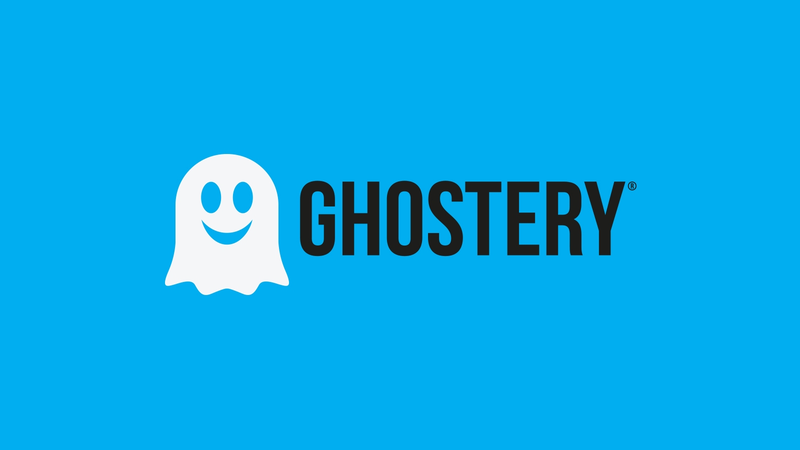AD-BLOCKER GHOSTERY,Ghostery tool for web privacy ,Ad Blocker Ghostery Is Going Open Source,

Opening its code for review puts Ghostery on par with other ad blockers and allows security researchers to scrub through the code for vulnerabilities. It’s a way for Ghostery to earn trust from the privacy-conscious kinds of users it wants to attract and to secure its product.
It’s possible that ad developers will also poke through the code, looking for ways to evade Ghostery’s blocking, but the company isn’t too worried about it.
“At this point, it’s pretty well known how Ghostery and other tracker blockers work, even before going open-source,” Jeremy Tillman, Ghostery’s director of product management, told Wired. “There will always be a cat-and-mouse game with advertisers that are trying to find new ways to evade our technology but, if anything, going open-source should empower our community of contributors to help keep Ghostery ahead of the curve.”
Ghostery tool for web privacy goes open source
Unlocking the browser extension's underpinnings could attract outside improvements and dispel 'conspiracy theories' about data about users it used to gather.
Ghostery, a browser extension that blocks advertisers and web publishers from tracking your online behavior, has opened up its code so anyone with some programming chops can see exactly what's going on.
Making Ghostery open-source software -- a program anyone can copy, modify and distribute -- means it's now possible for interested outsiders to get involved in its development, said Jeremy Tillman, director of product at Ghostery. And it should help clear the air lingering around Ghostery because of how its owner until last year, Evidon, did business.
"As a privacy product, especially one designed to give users a look behind the scenes at what data companies are collecting and doing with it, we thought it was important to give our users a look under the hood," Tillman said. Evidon offered Ghostery for free in exchange for user data used in its business product, an approach that "was hard to understand and lent itself to conspiracy theories," he said.Ghostery, now owned by a German browser maker called Cliqz in which Firefox maker Mozilla is an investor, is one of a growing range of options to block tracking software built into websites. Those trackers are designed to build profiles people who visit websites, which lets advertisers target particular groups and thereby earn better money from ads.
But trackers also slow down websites, flatten phone and laptop batteries faster, and of course raise privacy concerns. That's why tracking blocking is enabled by default by browser startup Brave, partially by Apple's Safari and optionally in Firefox.
Millions of people use Ghostery today, Tillman said, though he declined to release precise figures.
Ghostery is free, but now as a part of Cliqz, there's a new way to make money in the works. In the second quarter, the Ghostery team plans to release its first version of tool that can help website developers measure the effect trackers have on site performance measurements like page-load speeds, Tillman said. It'll also let people investigate other tracker issues, like scrutinizing what tracker technology competitors are using.
Even as proprietary software, about two dozen outsiders were very actively involved in Ghostery, Tillman said. Making it open-source software means they'll have an easier time contributing and also that others could join in, too.
"We're definitely not pegging our roadmap to mystery contributions from the community," Tillman said. But making it open-source "gives them a channel to help us evolve the product."


No comments
Post a Comment